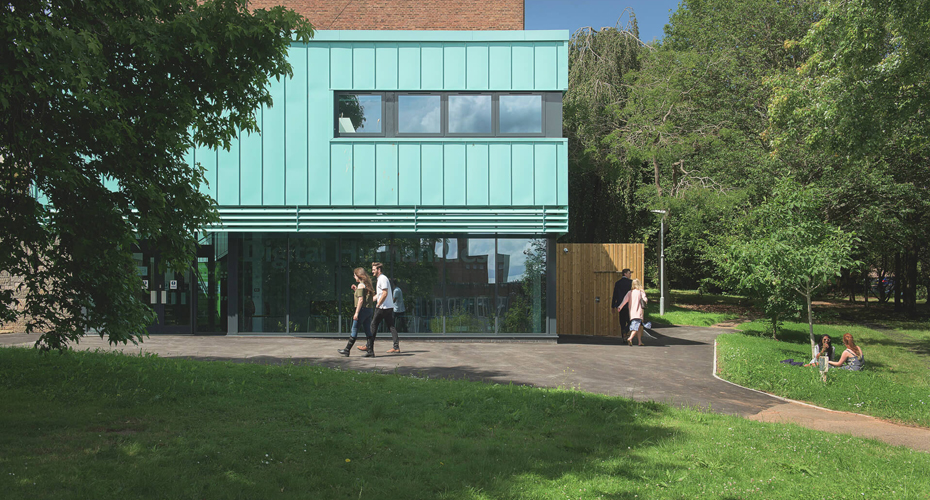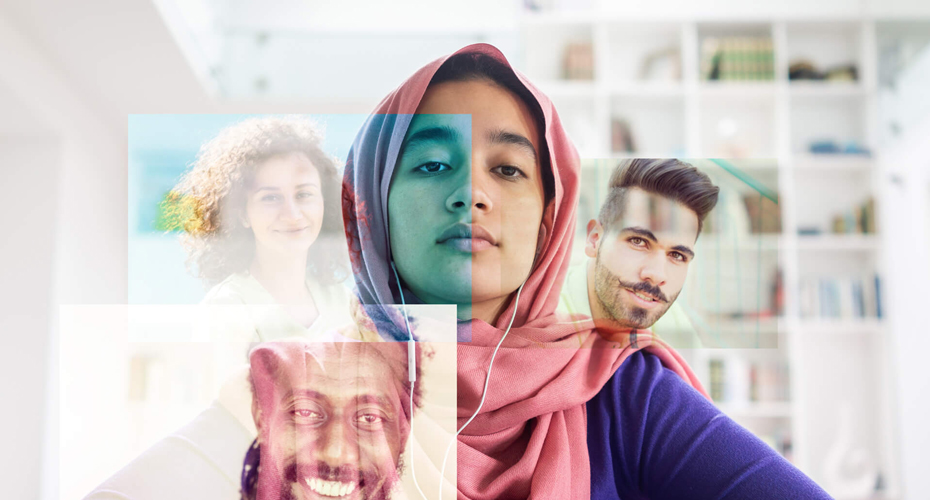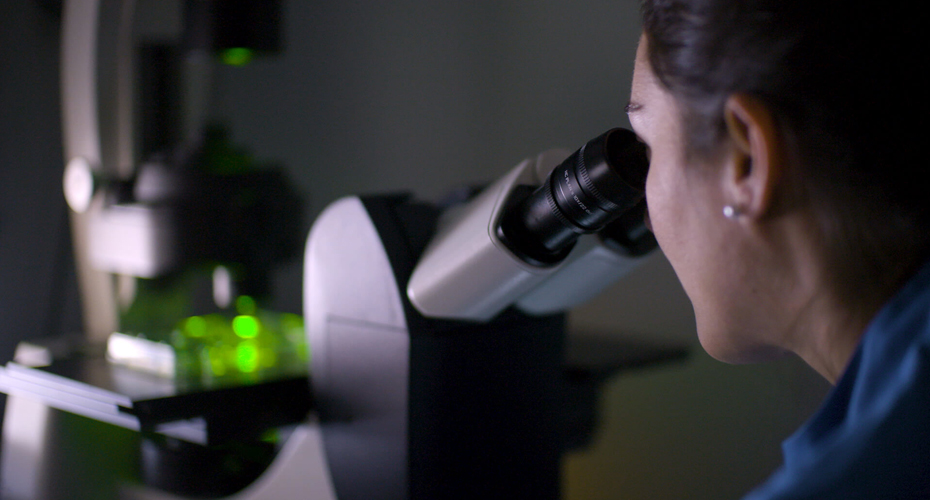Sustainable Development Goals Challenge Programme
The University of Exeter and QS are combining to lead the creation of a transformative educational partnership between the world’s leading universities and global organisations, to empower and enable the next generation of students to answer the questions that will shape today, tomorrow and the future for us all.
Explore Future17












